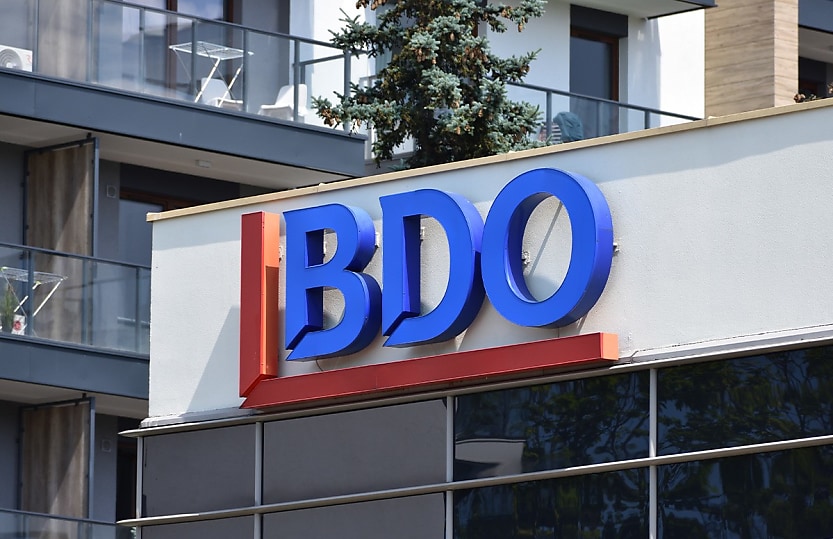Super sector to be subject to regulatory scrutiny ‘sooner rather than later’

BDO is urging APRA-regulated super funds to immediately address scam vulnerabilities to reinforce Australia’s superannuation system.
The professional services firm has called for superannuation funds to engage in scam prevention and anti-scam measures to avoid similar scrutiny experienced by banks, telecommunications providers and other financial services organisations.
BDO recommended for super funds and trustees to engage in education and information, stay up-to-date on emerging scam techniques, outsource administrators and providers, be proactive and to not be complacent.
The firm said it was providing guidance and advice to the super sector after ASIC flagged its interest in the scam risks in relation to superannuation funds and their potential lack of preparedness to address them.
In addition to this, a recent review of 15 superannuation trustees found none of them had an organisation-wide strategy to address scams.
BDO said based on the fact investment scams were a priority focus for ASIC and the BDO Scam Culture Report, superannuation funds were likely to be subject to regulatory scrutiny sooner rather than later.
“In conjunction with greater examination from ASIC, superannuation funds that are regulated by the Australian Prudential Regulation Authority (APRA) will also need to consider this as part of their implementation of prudential Standard CPS 230 Operational Risk Management,” BDO said.
“APRA’s release of CPS 230 aims to strengthen operational risk management and resilience across banking, insurance and superannuation fund organisations.”
Despite comment from the Association of Superannuation Funds Australia (ASFA) CEO Mary Delahunty that the super sector had a significantly low rate of scam attempts, BDO said scammers were becoming increasingly aware of the elderly population who had access to their higher super balances.
According to the firm, scammers understood that superannuation fund members generally gained greater access to their retirement savings which would lead them to target the over-65 age group.
This was attributed to the fact this demographic also typically had limited knowledge of newer investment strategies such as cryptocurrency trading and was potentially less technology savvy when screening sophisticated scams.
The firm noted that at a consumer level, superannuation fund scams could be seen as an extension of investment scams.
“Victims can be scammed into superannuation withdrawals, setting up self-managed superannuation funds and executing ‘investments’ based on scam advice that promises extraordinary returns and transferring funds which are quickly redirected offshore or converted into other asset classes like gold or cryptocurrency,” BDO said.
“Other scam methods targeting superannuation funds can include ‘pig butchering’, a long-term scam where victims are gradually lured into making increasing contributions before losing everything. A common tactic includes providing ‘advice’ on extracting funds from superannuation accounts.”
BDO highlighted it was important to push for scam prevention within the super sector based on the Australian Financial Complaints Authority’s data which reflected a $89,000 average scam loss in super per victim in 2023.
“In the ongoing battle against scams, everyone has a crucial role to play to remain vigilant, but superannuation funds and trustees have an obligation to ensure their customers are protected, and the new regulatory environment will only further increase this responsibility,” BDO said.
“Regulators and superannuation funds and trustees have a critical role in protecting, informing and educating consumers about the ongoing and emerging risks so that they remain risk responsive.”
About the author







